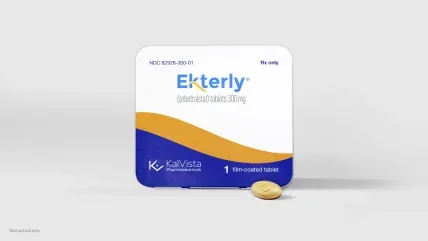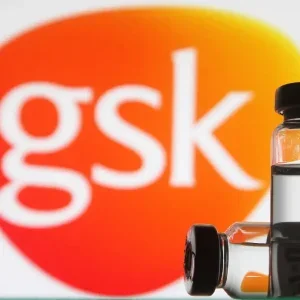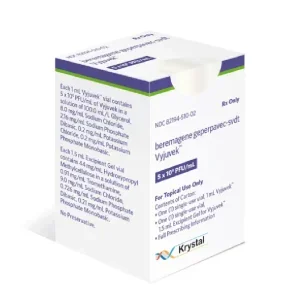
KalVista Pharmaceuticals has received the US Food and Drug Administration (FDA) approval for Ekterly (sebetralstat) to treat acute hereditary angioedema (HAE) attacks in patients aged 12 and above.
Ekterly, a plasma kallikrein inhibitor, is the first oral on-demand therapy approved in the US for this condition, offering a new treatment option for people with HAE.
The drug is said to address unpredictable attacks in individuals with HAE and need for immediate access to on-demand medication, transforming HAE management.
KalVista plans to launch Ekterly in the US immediately, allowing physicians to start prescribing the drug for the treatment of HAE attacks.
KalVista CEO Ben Palleiko said: “Ekterly enables people to treat attacks the moment symptoms begin, wherever they are. This approval affirms the strength of our science and deep commitment to the HAE community.
“I am profoundly grateful to the KalVista team for their dedication and perseverance, and to the patients and healthcare providers, as well as the HAEA and HAEi, for making this possible.
“Ekterly has the potential to become the foundational treatment for HAE and our focus now is on delivering it to the people who need it.”
The efficacy and safety of Ekterly were validated in Phase 3 KONFIDENT clinical trial, which was published in the New England Journal of Medicine in May 2024.
In the trial, Ekterly provided faster symptom relief and reduced attack severity compared to placebo, and was well-tolerated, with a safety profile similar to placebo.
Further support came from the KONFIDENT-S open-label extension trial.
Data until September 2024 showed that Ekterly enabled patients to treat attacks within a median of 10 minutes after onset.
Symptom relief began in a median of 1.3 hours for attacks involving the larynx, abdomen, and breakthrough attacks in patients on long-term prophylaxis.
The company has initiated KalVista Cares programme, which offers personalised services and resources, including help with insurance coverage, throughout the treatment journey.
The KONFIDENT phase 3 trial investigator Marc Riedl said: “This is an important moment for patients, giving people living with HAE a treatment option that could provide greater independence and control over managing their condition.
“Until now, on-demand treatment relied on injectable subcutaneous or intravenous administration, often resulting in delayed intervention.
“Having an oral option empowers patients to treat attacks early, which aligns with treatment guidelines and advances our goal as physicians to reduce the overall burden of disease.”






